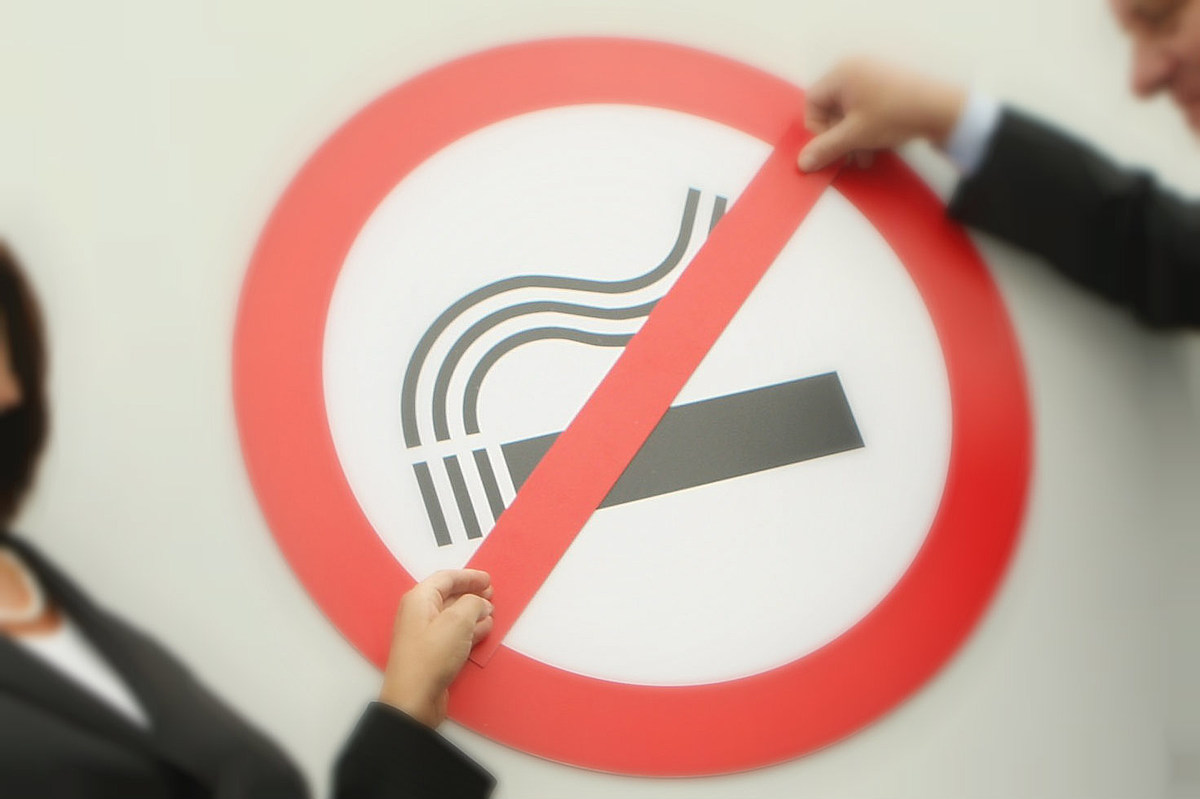The City of Columbus is gearing up to file a lawsuit against the state of Ohio over a recently enacted law that prohibits cities from regulating tobacco sales, a move the city argues infringes upon its home rule authority. This legal skirmish adds another layer to the ongoing battle between the state and its municipalities over the issue of tobacco regulation.
The source of contention lies in a new state law that bars cities from independently regulating tobacco sales, an issue that has left cities like Cleveland grappling with significant public health concerns.
“Cleveland has probably the highest smoking rate in the country at 35% compared to 11% for the rest of the country,” revealed Dr. Dave Margolius, the Director of Public Health in Cleveland.
The situation is poised to worsen with the implementation of a state law set to take effect in approximately 90 days. From April 23 onward, cities across Ohio will lose their authority to regulate tobacco sales within their jurisdictions. Dr. Margolius expressed concern over the impending changes, emphasizing the broader impact on public health initiatives.

Read more:
- Guilty verdict for St. Petersburg resident tied to six ounces of cocaine
- Kidnapper Found Guilty in Case of 13-Year-Old Girl Who Signaled for Help
- Impeachment trial defense for Paxton cost $2.3 million
- Accusations Against Illinois Man for Alleged Involvement in Florida Murder Scheme
“It’s not only that they are taking away our ability to stop the sale of flavored tobacco and vape products, but they’re also taking away local jurisdictions’ ability to do health inspections in tobacco retailers,” stated the health director.
The new law explicitly declares that the regulation of tobacco products and alternative nicotine products is a matter of general statewide concern requiring statewide regulation. Furthermore, it explicitly prohibits municipalities from enacting policies or laws that establish or impose standards on retailers, among other provisions.
This legal clash between Columbus and the state government encapsulates a broader conflict over the principle of home rule—a concept that grants local governments the authority to enact and enforce laws within their jurisdictions, provided these actions do not conflict with state law. Ohio’s recent move to restrict local control over tobacco regulations has ignited a fierce debate over the balance between state and municipal authority.
The City of Columbus, in drafting its lawsuit against the state, contends that the new law represents a violation of home rule principles. The legal battle is likely to delve into the nuances of the relationship between state and local governance, exploring the extent to which state authorities can curtail the autonomy of individual municipalities on matters deemed of statewide concern.
The controversy surrounding tobacco regulation is not confined to Columbus; it is emblematic of a larger struggle between state legislatures and cities seeking to address public health issues through localized regulations. Cities have historically taken the lead in implementing measures to curb tobacco use, such as restrictions on flavored products and stringent health inspections in tobacco retailers.
As the legal dispute unfolds, it will shed light on the constitutional boundaries of home rule and the extent to which states can dictate policies in areas that impact public health. The outcome of the lawsuit will likely set a precedent for other municipalities grappling with similar conflicts between local autonomy and state directives.
In conclusion, the impending lawsuit between Columbus and Ohio over tobacco regulations underscores the broader tension between state and local authorities. It serves as a battleground for the principles of home rule and the ability of municipalities to address public health concerns through localized regulations. The legal proceedings will not only impact Columbus but will have repercussions for cities across Ohio navigating the delicate balance between state oversight and local governance.

